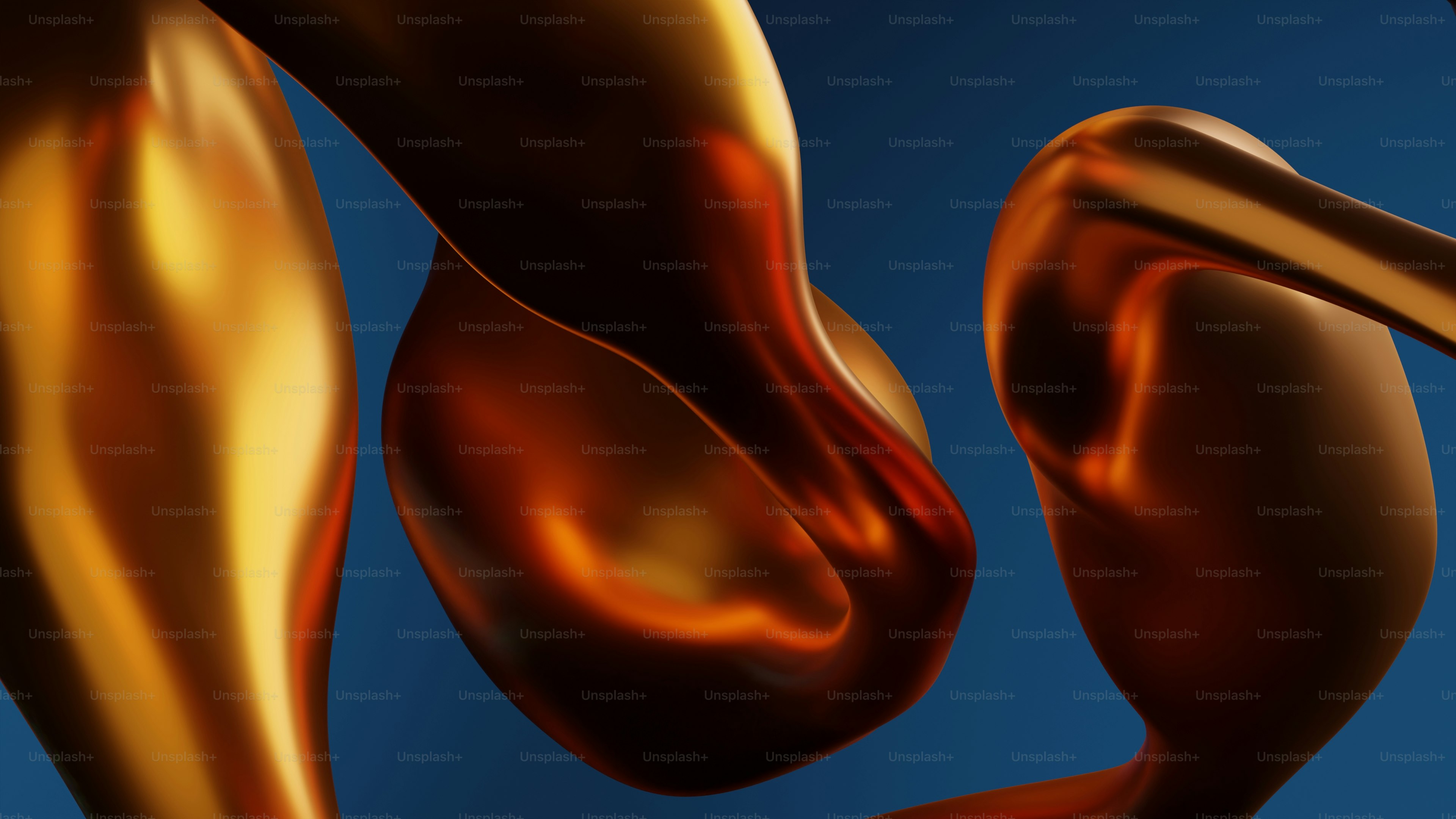cruzmelville51
About cruzmelville51
Erectile Dysfunction: An Observational Examine on Prevalence, Causes, And Impression
Erectile dysfunction (ED) is a condition characterized by the inability to achieve or maintain an erection ample for passable sexual efficiency. This observational study goals to explore the prevalence, underlying causes, and psychosocial impacts of erectile dysfunction amongst various populations. By way of a combination of surveys, clinical assessments, and interviews, we gathered data from a pattern of males aged 18 and older across varied demographics.
Prevalence of Erectile Dysfunction
Erectile dysfunction is a common condition, affecting an estimated 30 million men within the United States alone. In keeping with our observational data, the prevalence of ED increases with age, with roughly 5% of males in their 40s experiencing erectile difficulties, compared to nearly 15% of males of their 70s. This pattern aligns with current literature, which suggests that age-related physiological changes, corresponding to reduced testosterone ranges and vascular well being deterioration, contribute significantly to the onset of ED.
In our pattern, we found that way of life elements also play a vital position within the prevalence of erectile dysfunction. Males who reported a sedentary lifestyle, poor dietary habits, and excessive ranges of stress had been more more likely to experience ED. Notably, the prevalence was considerably larger in males with obesity, diabetes, and cardiovascular diseases. These findings indicate that life-style modifications may serve as preventative measures towards the event of erectile dysfunction.
Causes of Erectile Dysfunction
The causes of erectile dysfunction are multifactorial, encompassing physical, psychological, and relational factors. In our observational study, we categorized the causes into three foremost groups: organic, psychological, and relational.
- Natural Causes: Our findings revealed that natural causes, including vascular diseases, hormonal imbalances, and neurological disorders, accounted for roughly 60% of the reported circumstances. Situations akin to diabetes mellitus and hypertension had been regularly cited by individuals, highlighting the significance of managing these chronic illnesses to scale back the danger of ED.
- Psychological Causes: Psychological elements, together with anxiety, depression, and stress, had been recognized as important contributors to erectile dysfunction. Around 30% of our contributors indicated that psychological points played a task of their condition. The interplay between psychological well being and sexual function underscores the necessity of addressing psychological well-being in the treatment and management of ED.
- Relational Elements: Relational dynamics, including communication issues and intimacy issues with companions, had been also prevalent amongst our contributors. Approximately 25% of men reported that their erectile dysfunction was exacerbated by relational conflicts, highlighting the significance of open communication and assist within intimate relationships.
Affect of Erectile Dysfunction
The influence of erectile dysfunction extends past the bodily realm, affecting emotional health, shallowness, and interpersonal relationships. Our observational examine revealed that males with ED often experience emotions of inadequacy, embarrassment, and frustration. These emotional responses can result in a decrease in general high quality of life and may exacerbate existing mental well being issues.
Moreover, the stigma surrounding erectile dysfunction can stop males from in search of assist, leading to a cycle of disgrace and isolation. In our interviews, many individuals expressed a reluctance to debate their condition with healthcare suppliers or companions, fearing judgment or misunderstanding. This barrier to communication can hinder effective treatment and exacerbate the psychological burden of ED.
Treatment and Management
Despite the challenges related to erectile dysfunction, numerous treatment options can be found. Our observational study highlighted a variety of approaches, including life-style changes, pharmacological treatments, and psychological interventions.
- Life-style Changes: Many contributors reported enhancements in erectile perform following life-style modifications. These included adopting a healthier food plan, rising bodily activity, and managing stress through mindfulness practices. Encouraging men to prioritize their overall health could be a pivotal step in addressing erectile dysfunction.
- Pharmacological Treatments: The usage of phosphodiesterase sort 5 (PDE5) inhibitors, equivalent to sildenafil (Viagra) and tadalafil (Cialis), emerged as a common treatment choice among contributors. While these medications may be efficient, it is important to think about potential side effects and contraindications, notably in males with underlying well being circumstances.
- Psychological Interventions: Cognitive-behavioral therapy (CBT) and couples therapy were identified as beneficial for addressing psychological and relational components contributing to ED. If you cherished this write-up and you would like to get a lot more facts pertaining to erectile dysfunction treatment pill online kindly take a look at our own website. Members who engaged in therapy reported improved communication with their partners and a greater understanding of the psychological aspects of their condition.
Conclusion
Erectile dysfunction is a multifaceted situation that affects a big portion of the male inhabitants. Our observational examine highlights the significance of recognizing the interplay between physical, psychological, and relational components in understanding and addressing ED. By fostering open communication, selling healthy lifestyles, and offering complete treatment choices, healthcare providers can better support men facing this challenging condition.
As awareness of erectile dysfunction continues to develop, it’s crucial to break the stigma surrounding it and encourage men to hunt assist. By education and help, we can improve the quality of life for those affected by erectile dysfunction and promote healthier, extra fulfilling intimate relationships.
No listing found.


